Research
New Study Shows that Trust Can Last
A new study co-authored by Yale SOM’s Florian Ederer explores how the trust we place in one another is affected by our ability to communicate and by the passage of time.
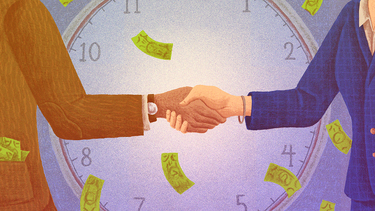
Firms Sacrifice Worker Safety When Demand Is High
Using data from the U.S. mining industry, Yale SOM’s Kerwin Charles and his co-authors investigated the relationship between higher demand and safety, and found that increased investment in safety measures is overwhelmed by the incentive to increase production while prices are high, leaving workers less safe overall.

In Finance Field, Gender Disparities Are Significant—But Shrinking
More women are being hired for finance positions at top business schools, according to a study co-authored by Yale SOM's Heather Tookes, but progress is slow. The study suggests that this may be due to limited collaborator networks.
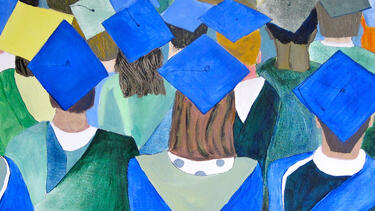
Admitting a Purchase Mistake Makes Online Reviews More Persuasive
Yale SOM’s Taly Reich has conducted a series of studies exploring the surprising value of mistakes. In her latest paper, she and her co-author show that shoppers are more likely to purchase a product after reading a review that describes making a prior purchase mistake.
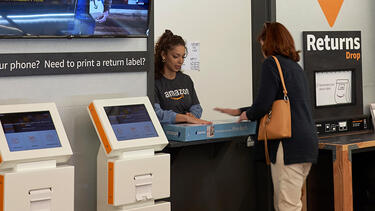
What’s the Right Price?
A new study co-authored by Yale SOM’s Kevin Williams suggests that the zone pricing employed by home improvement chains benefits some consumers at the expense of others—and costs one of the two giants potential profits.

How Machine Learning Can Find Extremists on Social Media
Yale SOM's Tauhid Zaman investigated how artificial intelligence could assist efforts to detect and suspend extremist accounts, before they are used to recruit members and spread propaganda.
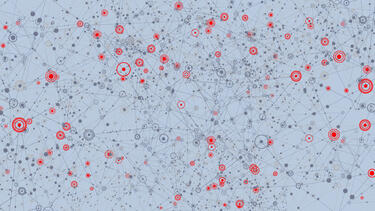
Under Competitive Pressure, Nursing Homes Appear to Game Rating System
Research co-authored by Yale SOM’s Amandine Ody-Brasier suggests that ratings based on self-reporting may be unreliable, and offers a solution: hide the thresholds for jumping to higher ratings.

We’re Not Sure What Authenticity Is, But We Know We Like It
Foodies, employees, and art lovers all prize authenticity—but each means something a little different when they say that something or someone is authentic.

Researchers Propose New Method to Hedge against the Risk of Climate Disaster
Markets could be a huge part of mitigating climate risk. A proposal from Yale finance faculty seeks to make that a reality.
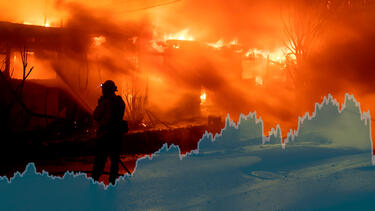
A Few Seconds of Speech Sparks Class Bias in Hiring
New research by Yale SOM’s Michael Kraus shows that people can accurately assess a stranger’s socioeconomic position based on brief speech patterns and that these snap perceptions influence hiring managers in ways that favor job applicants from higher social classes.
